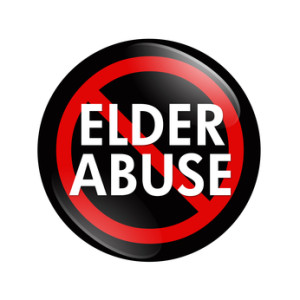Many nursing homes ask residents or their agents to sign arbitration agreements. These agreements state that any disputes between the resident and the nursing home must be handled through the arbitration process. Nursing homes use these types of agreements because arbitration generally favors the companies instead of the plaintiffs, and the homes can avoid the publicity of a trial when arbitration is compelled. However, as the case of
Lopez v. Bartlett Care Center, LLC, Cal. Ct. App. No. G056427 shows, some arbitration agreements are unenforceable and may be thrown out by the court, leaving the parties to litigate through the court process.
Factual and procedural background
Irene Lopez was admitted to the Bartlett Care Center, a skilled nursing facility, on Oct. 5, 2016. She had a history of dementia, diabetes, end-stage renal disease, muscle weakness, and other medical problems. Irene Lopez had a brief stay in the hospital at the end of October and was readmitted to the nursing home on Nov. 4, 2016, where she remained until Jan. 15, 2017.
 California Accident Attorneys Blog
California Accident Attorneys Blog


